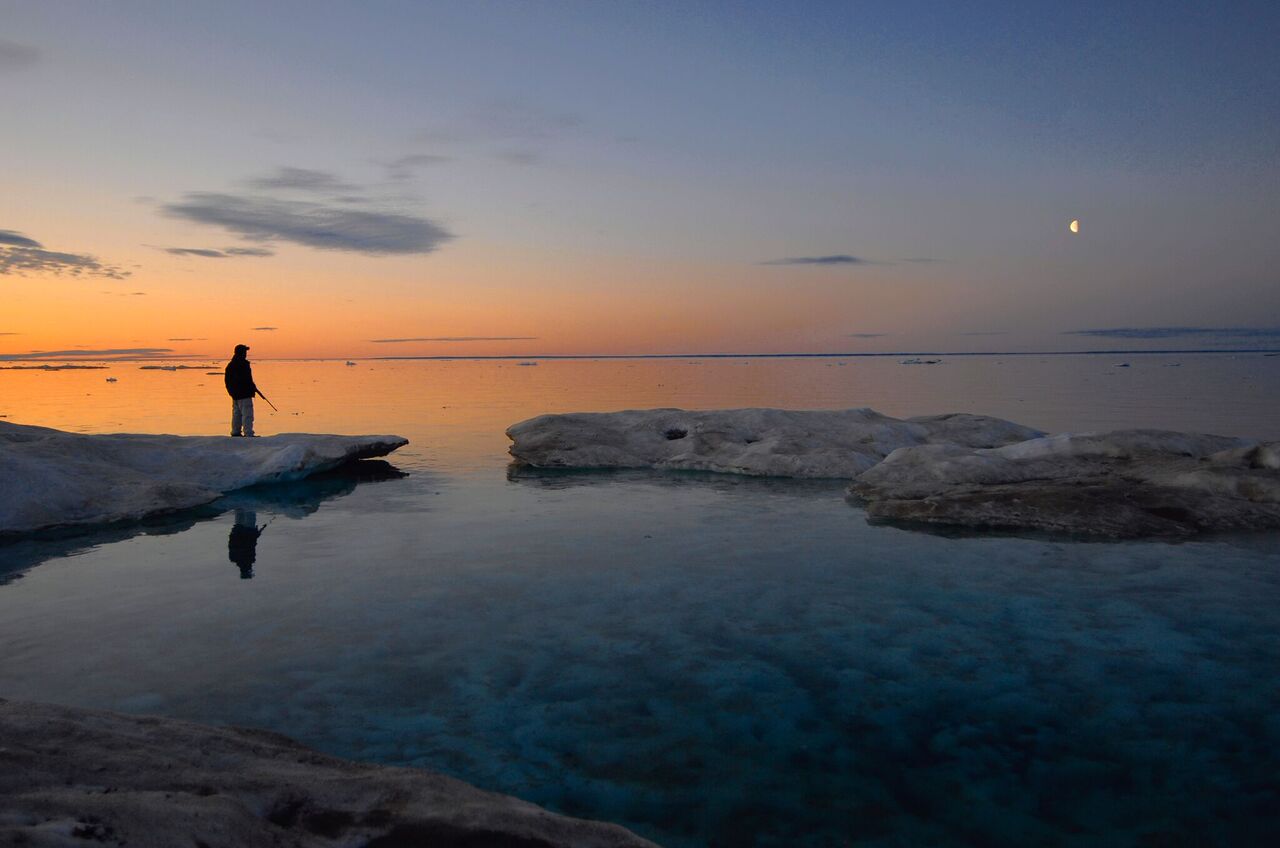
CARC’s submission to the new Arctic Policy Framework
The Canadian Arctic Resources Committee (CARC) is Canada’s oldest citizen’s organization dedicated to environmental sustainability in the Arctic. We have a long history commenting on environmental assessments and policy in the Canadian North. For decades, we have also been a vocal supporter of caribou conservation for their own sake and for those who rely on them.
CARC believes that all strategic undertaking of policy in the Arctic must include total protection of caribou populations; this includes full environmental assessments on all development including roads, oil and gas extraction and mining and that these economic activities should do no harm or impede on the health of caribou populations. The caribou must be protected and thriving for their own sake and for the sake of food security and cultural autonomy of the Indigenous peoples who live in the north. Protection of caribou, a keystone species in the Arctic, will ensure a wider ecology in the Arctic is protected for future generations.
Resource extraction needs a pause and a refresh in the Arctic; how much have local economies actually benefited from extraction operations? Is there evidence-based data on whether these businesses have helped local communities thrive or have these developments only compounded problems for people and wildlife in the north? Before any money is spent on proposed mining, oil, gas and roads, developers should be encouraged to employ the legal concept known as the precautionary principle to compel operations to include environmental safeguards in their projects.
Arctic policy should affirm the value of Indigenous traditional knowledge and provide a framework for its use in management and decision-making. It should be used alongside western science and expertise; we need to make room for this knowledge in our thinking and planning.
The rise of direct foreign investment should be scrutinized and regulated. Operations from other countries should not have political influence in the region. Indigenous rights could very well be in jeopardy from foreign investment even before the recommendations from the Truth & Reconciliation Commission have been implemented. We need investment in the people and wildlife who live in the Arctic, not more international development that leaves them behind.
Arctic policy must address climate change and how it is impacting the north. People need help now. For example, snowmobiles do not travel on rocks that are no longer covered in ice, the ground has become unstable for homes and offices near coastlines, ice as a route to hunting grounds for both people and caribou is evaporating, and warmer weather also means different hunting and fishing seasons, some now very unsafe.
We believe the government must support local economies in the north and listen and yield to their needs. Arctic policy is required that works at a local level, from the ground up. Arctic policy must respect the Truth and Reconciliation recommendations as well as the United Nations Declaration on the Rights of Indigenous Peoples. It must be innovative and forward thinking and not rely on the status quo or business as usual. Arctic policy should be nimble and helpful to those who live there.
